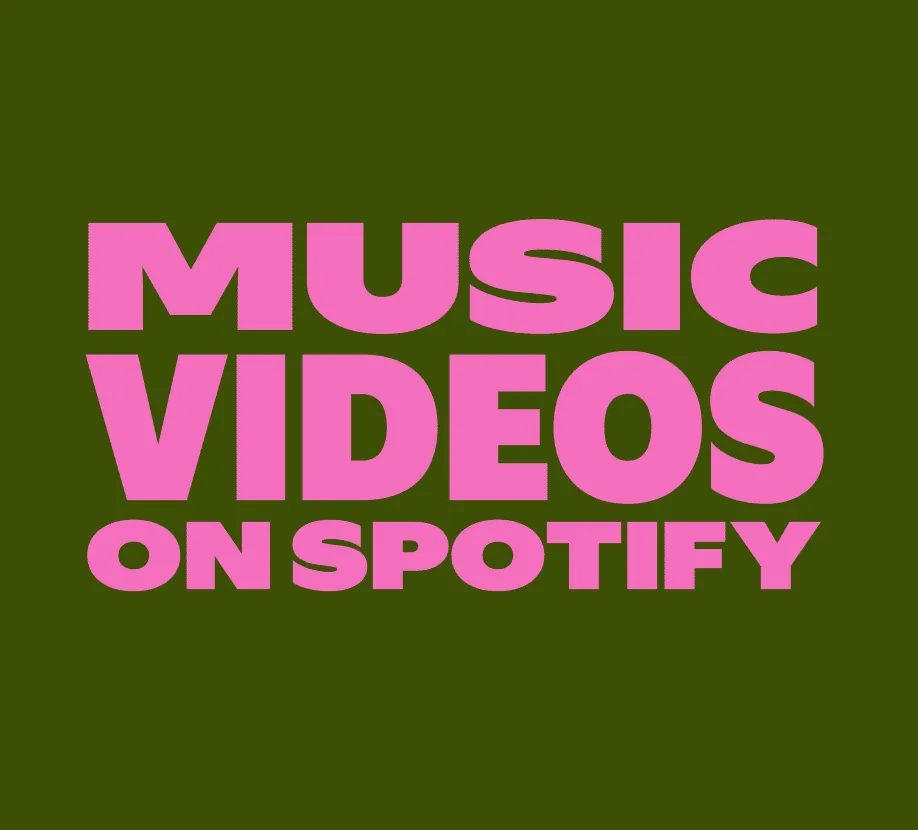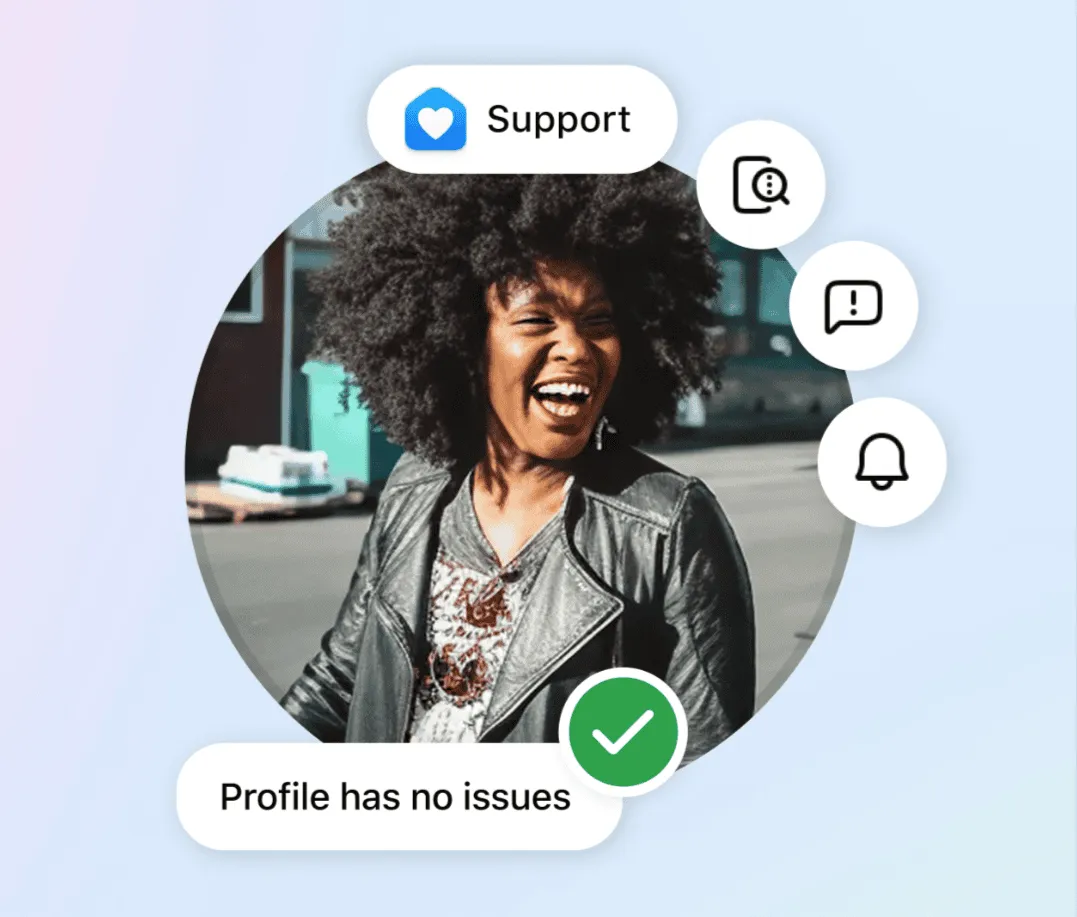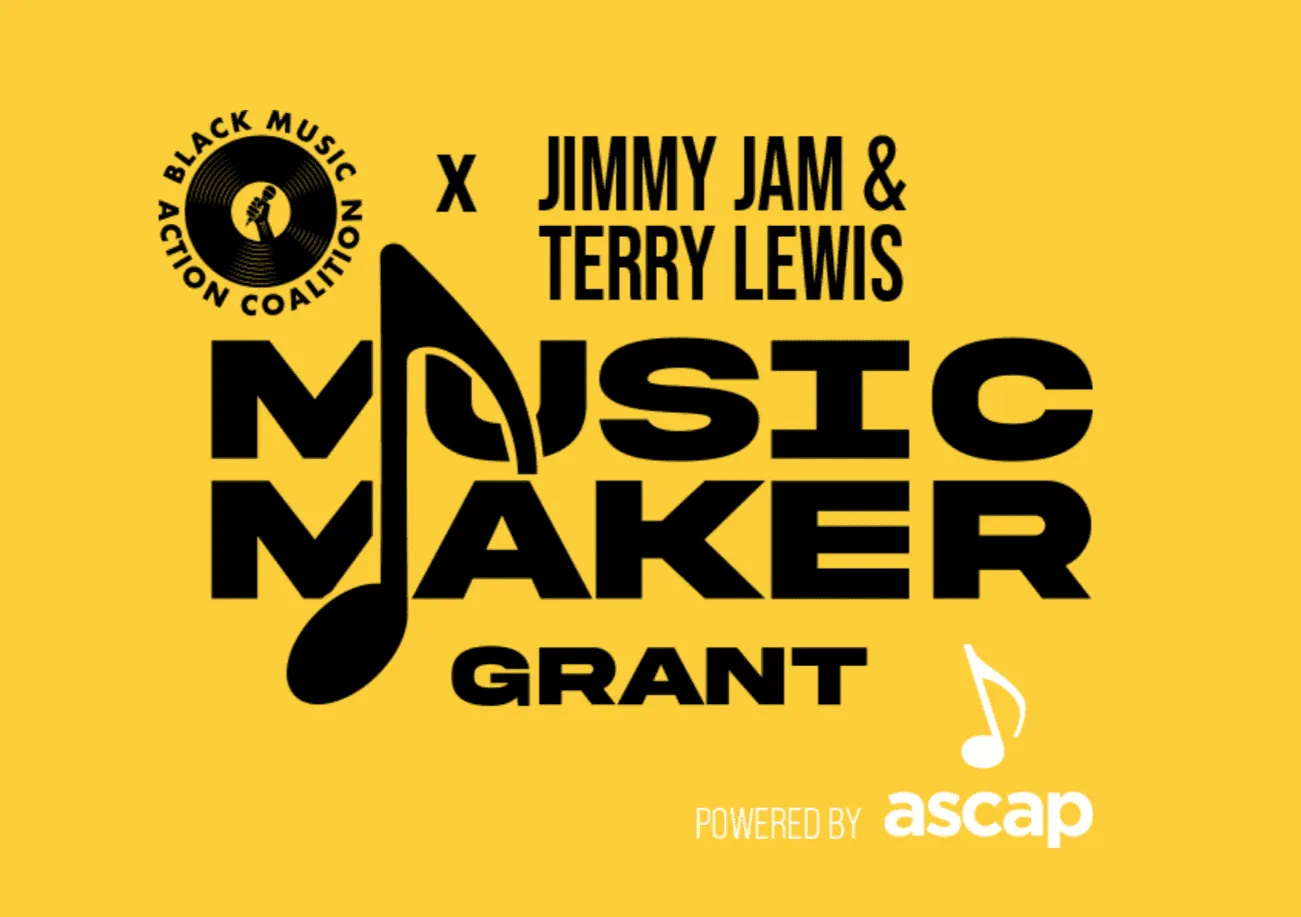Napster & Dell Join Forces For Free Promotion
Paid music subscription services have had troubled gaining the traction that many in the industry had hoped for. In an attempt to boost its numbers prior to the launch of Spotify and other rumored free streaming services in the U.S., Best Buy owned Napster has partnered with Dell to offer its music service free on new computers.
- Select Dell systems will come loaded with 1 free year of Napster including 60 free MP3’s and 12 months of free music streaming.
- Consumers can download the MP3’s onto any compatible device
- The Napster icon is pre-loaded on the PC desktop, so the music is just a click away.




